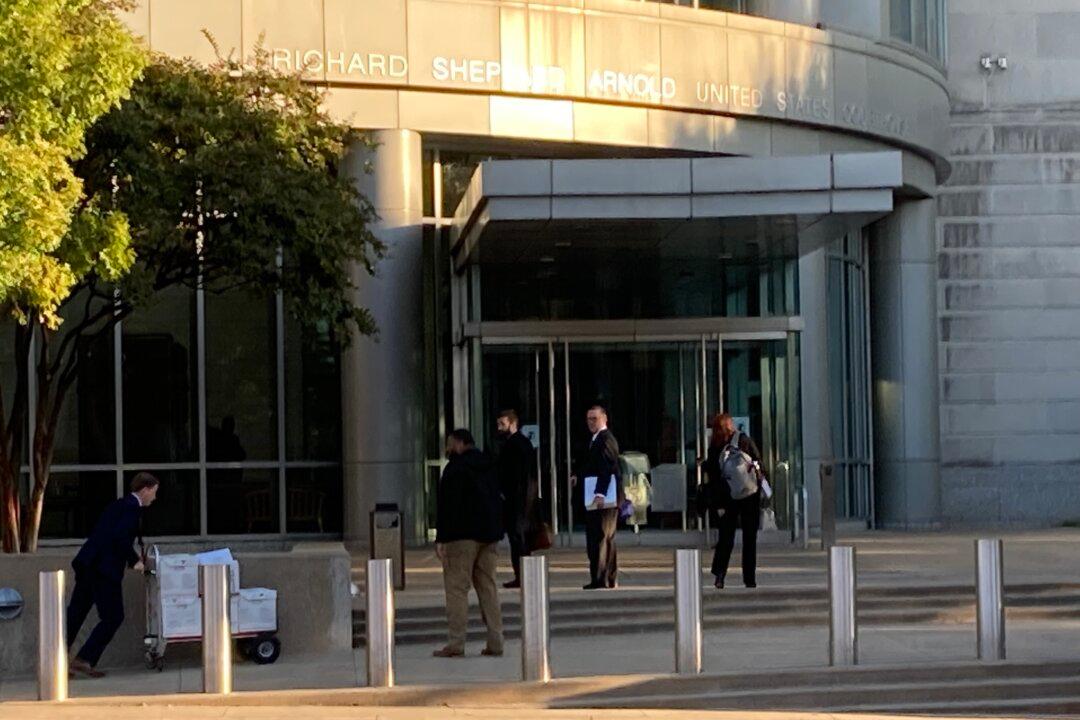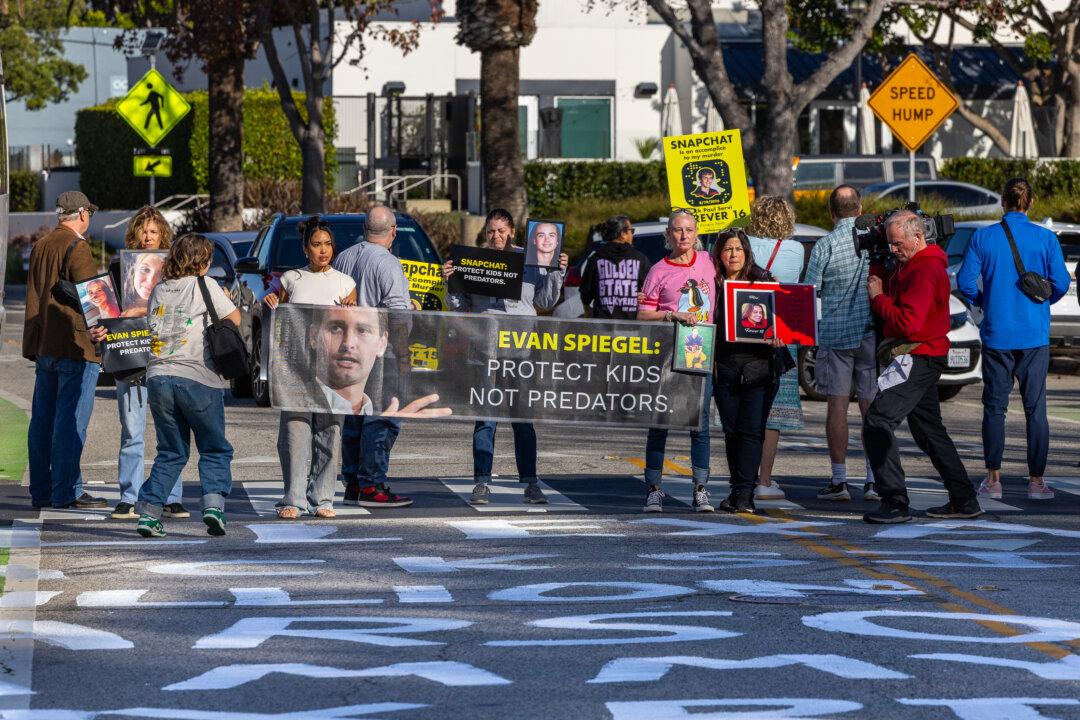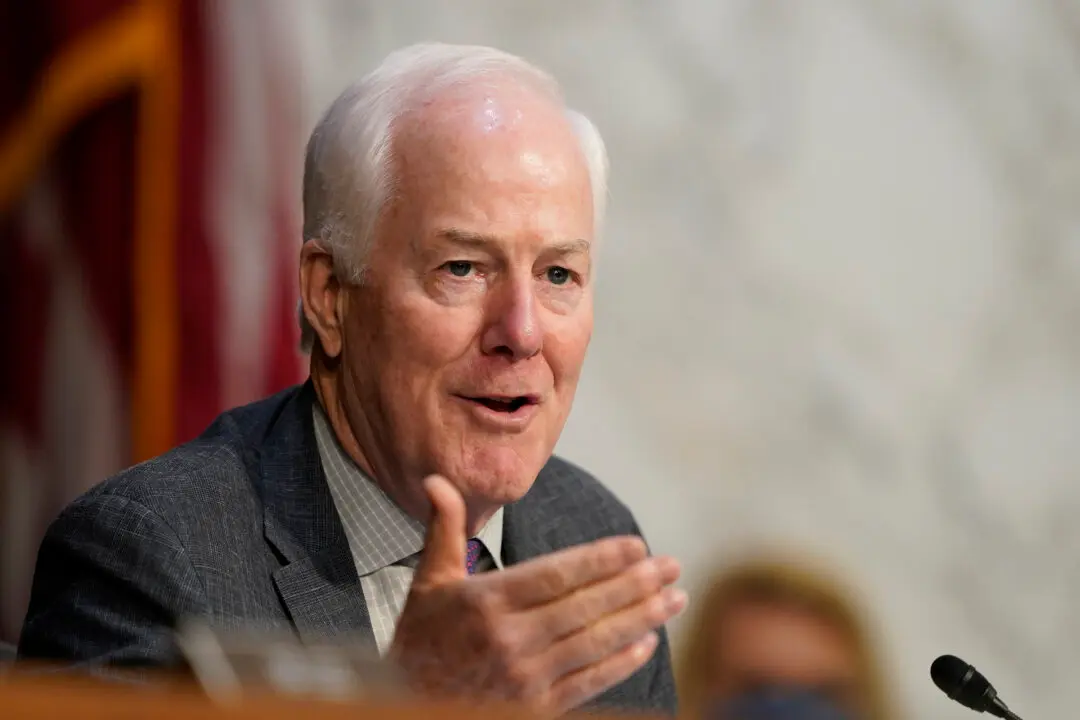LITTLE ROCK, Ark.—Two doctors testified on Oct. 17 in support of child transgender procedures as part of the opening day of the nation’s first federal court challenge of a statewide ban on the controversial treatments.
Transgender-identifying teens who were born female often seem “’over-the-moon’ happy” after mastectomies, as they see their bodies better “aligned” with a masculine gender identity, said Dr. Deanna Adkins, a North Carolina pediatric endocrinologist who has recommended these “top surgeries” for some of her patients.





